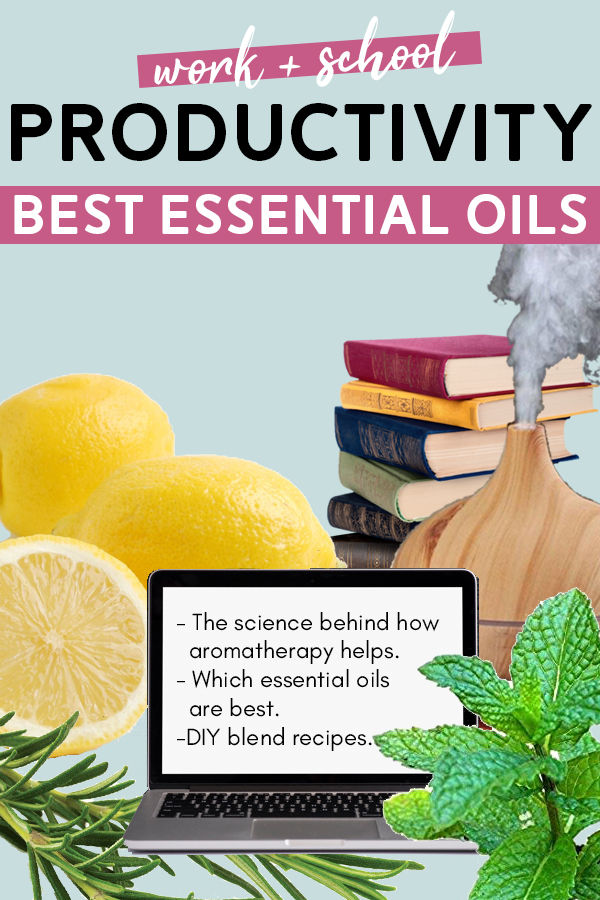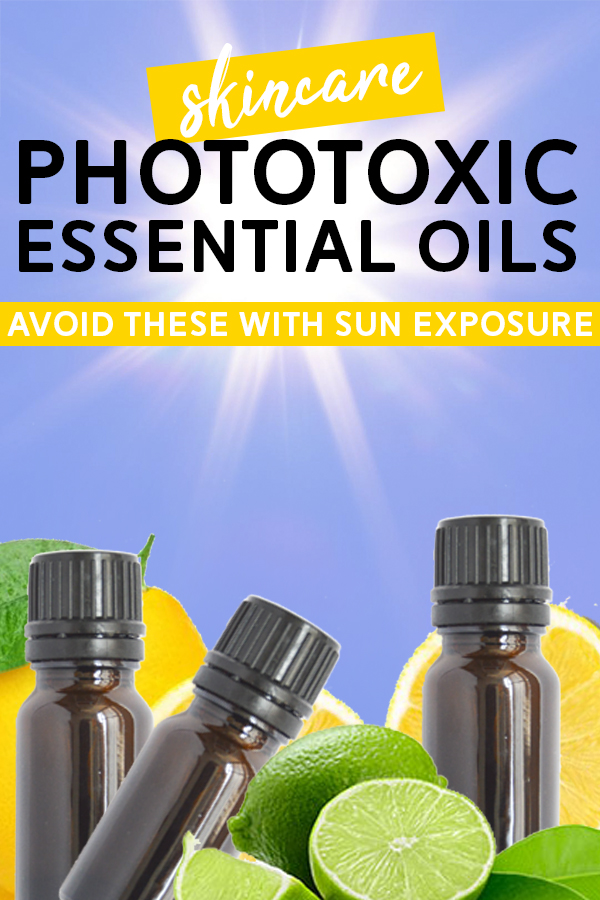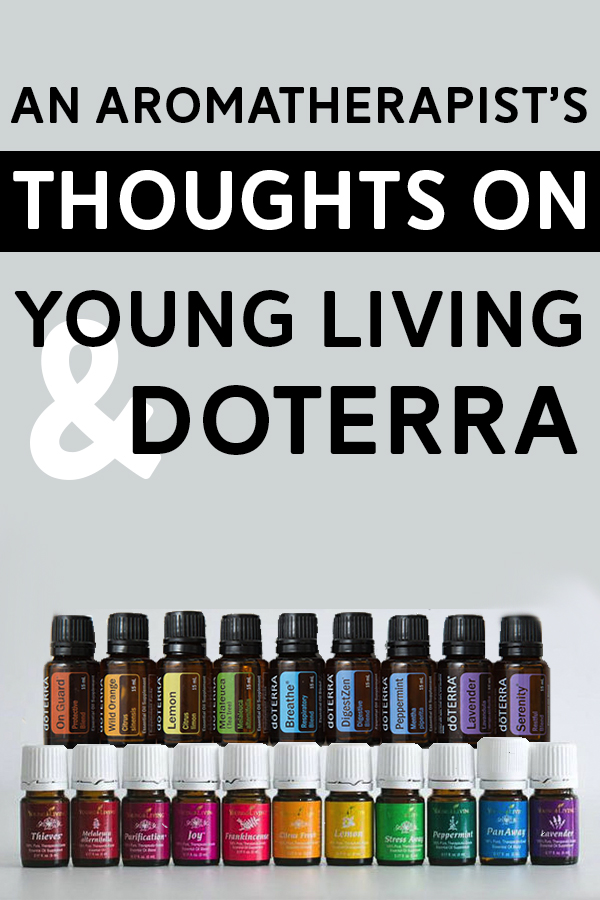
This post contains affiliate links to Plant Therapy. Plant Therapy is a brand of essential oils I personally use and love (I’m not sponsored by them). Other quality brands I use and trust include Mountain Rose Herbs and Aura Cacia. This post is helpful in making your own decision about what brand to buy (there are many quality ones out there!).
With it being January and everyone out here #riseandgrind’ing and trying to crush their resolutions, I figured this would be a timely aromatherapy topic. Let’s talk about how we can use essential oils for productivity and focus, whether that’s at work or for school.
I’ll share specific blend recipes that I personally use when I work from home, and will also talk about the “why” behind it all. Why these specific oils? Why does this help with focus? How is aromatherapy effective in this area? Anyone can Google, “essential oils for studying”—but my goal whenever I share aromatherapy content on here is to really teach you something new so you understand not just what to do but why you’re doing it. That’s an elaborate way of saying: This post is long AF (lol).
If you’re brand new to essential oils, check out my Essential Oils 101 intro series:
- What Are Essential Oils? What Do They Do? How?
- What to Know When Choosing an Essential Oil Brand
- How to Store Essential Oils & Shelf Life Info
- Basic Essential Oil Safety
How Can Essential Oils Help with Productivity and Focus at Work/School?
Let’s talk about the human body. There is a strong connection between the nose and the brain thanks to the limbic system. Located deep within the brain, the limbic system responds to sensory stimulation from the external environment (i.e. scent) and is associated with memory, emotion, and primitive drives and reactions. When it comes to work and studying, that memory-scent association is of particular significance.
Olfactory bulbs in the upper nose pick up stimuli (odor molecules bound to olfactory receptor neurons) and communicate directly to the hypothalamus and limbic center of the brain. This signals the release of neurotransmitters, which can then affect emotions and memory stimulation. The nervous system is a part of the body’s physical makeup, but also where all psychological processes take place. This inextricably links the body and mind—all that is psychological and emotional manifests physically as well.
Scent can trigger memories, help you stay focused, and aid in studying. In fact, a memory linked with a scent is recalled more easily because the limbic brain is so closely associated with the sense of smell. So let’s say you’re studying for a big exam. Use essential oils (we’ll get into which ones soon) while you study for the test. Inhale the oils again before and during the exam to trigger the memory associations made while studying. Obviously you’re not going to show up with a diffuser to your exam, so you can simply place a few drops on a tissue and inhale that way.
Essential Oils Can Also Help with the Bigger Picture
Before we get to the specific essential oils I’d recommend using, let’s make sure that we’re looking at the issue holistically. Take a step back and as yourself: What’s causing me to be unproductive in the first place? Any time you assemble an essential oil blend, you want to go beyond the symptoms and look at the cause as well. This type of synergy blend is going to be the most effective.
Is your inability to be productive due to stress and anxiety? Maybe you’re down in the dumps or feeling depressed and that’s making it hard for you to focus? Incorporate essential oils that address these issues into your blend instead of just reaching for the Lemon oil because you know Lemon is good for productivity. I’ll give suggested oils for all these mental/emotional blocks down below.
That being said, maybe there’s nothing wrong per se, and nothing in particular causing you to be unproductive. You just want something pleasant to diffuse to help you get in the zone. Then my general Work/Study Blend is great as-is (more on that below).
The Ritual
Beyond the essential oils themselves, something I find really helpful is the ritual or habit of preparing the blend and diffuser before getting to work. You may find that setting up your diffuser each morning at your desk or in your office has almost the same effect as preparing a cup of coffee. It makes you feel ready, settled and—dare I say—excited to get to work. That’s how I feel anyway! When I stopped drinking coffee a couple years ago, I found that the thing I missed most about it wasn’t the coffee itself (although I do love that smell), but the ritual of preparing and drinking it to start my day. In a way, aromatherapy is my new cup of coffee.
Connecting to Nature
There’s also something to be said for the way aromatherapy and essential oils connect us back to nature, even in a small way. In today’s modern world, many of us are disconnected from the natural world around us, and whether we realize it or not, that can take a heavy toll. Just think about how rejuvenating and calming it is to take a hike through the woods or lay in the sand by the ocean—us city-dwellers need more of that!
It’s no substitute for being outside, but having the scents of flowers and trees subtly diffusing through the air while we work in our office or study at our desks makes the experience more pleasant. Chemical constituents and essential oil science aside, I think we can all agree that subtle, pleasant scents enhance an environment. Period.
Two apartments ago, my desk was right by a big window. Granted the view was of a sketchy city intersection, but just having the sun stream in on me and a breeze touch my skin as I worked was amazing. It put me in a great mood, I enjoyed being there at my desk, and I got a ton of work done. In my previous apartment, my desk was up against a wall and the one small window across the room doesn’t get much natural light. It was brutal! I noticed I just could not get any work done. I’ve always been a procrastinator, but this was next level because I hated being at my desk. If I wanted to get anything accomplished, I had to go work at a coffee shop.
I can’t explain what a game changer diffusing essential oils at that dark desk was. I still missed the natural sunlight (happy to report our current place is sunny!), but working at my desk was a hell of a lot more pleasant with my favorite natural scents wafting around me. Way easier to get work done when you can tolerate your work environment! 😉
Essential Oils for Productivity and Focus
Let’s start with the standout essential oils for productivity with studying or work. If you’re going to make a blend, I’d include one or two of these in it. Or you could always use one on its own! Find the scent combinations and properties that work for you. In general, stimulating essential oils are preferred when creating a blend for focus and productivity at work or school.
Lemon
Lemon is an uplifting scent, and used for memory stimulation and mental alertness. Researchers in Japan have found it to be effective for productivity and focus. In a study, they discovered that when rooms were scented with its fragrance, there was a 54% decrease in typing errors by employees who worked with computers.
Eucalyptus
Eucalyptus is a stimulating essential oil. It can increase alertness and prevent lethargy. For some, it has been found more effective than caffeine, and without the side effects. As a side note, it’s also a go-to for congestion and respiratory ailments, so add it to your work/study blend during cold and flu season!
Peppermint
Similar to Eucalyptus, Peppermint is a stimulating essential oil, often indicated for productivity, focus and mental alertness.
Basil
Linalool, a chemical constituent found in many essential oils, is known to reduce stress. Basil essential oil is high in linalool, and with stress reduction can come mental clarity and better ability to focus.
Rosemary
Rosemary is another stimulating essential oil, and can be used to increase alertness and aid memory retention.
In regard to the above list, I wouldn’t diffuse Basil on its own as the odor is pretty intense. Great in a blend though! Peppermint can be overbearing on its own as well.
Other Helpful Essential Oils
In addition to the five essential oils listed above, the following can aid with concentration and help increase alertness:
Essential Oil Blend Recipes for Productivity and Focus
I’m going to separate my go-to focus blend recipe into another blog post since this one is already so long! Recipe is listed below but you’ll also find a link to an in-depth guide to customizing.
Because of the scent-memory connection explored at the start of this post, I recommend inhalation as your method of application when it comes to essential oils for productivity and focus (vs topical application).
If you work from home or your office/cubicle setup allows for it, a diffuser will be your first choice. Typically 8-10 drops in distilled water in your diffuser is best. More is not more when it comes to essential oils, and you want the scent to be subtle. I recommended using the intermittent setting on your diffuser instead of letting it steadily spew. I’ll keep it on intermittent for 15 or so minutes then shut it off for a bit. An hour later, I’ll turn it back on. If your diffuser doesn’t have an intermittent setting, you could use fewer drops, but keep the recipe ratios the same.
If you don’t have a diffuser, or can’t have one in your office, you could alternatively make a room spray mist. In 2 oz of distilled water, mix in 10 drops of essential oils. Put in a small spray bottle and mist a couple sprays into the air around you when you need a little pick-me-up throughout the work day.
To be a low-key as possible, you could also place a couple drops of your blend or essential oil of choice on a tissue or cotton ball and breathe the scent in that way with a few deep inhales and exhales.
My Go-To Essential Oil Blend for Focus (Work/Study Blend)
Head on over to this post for more on this blend and all the ways you can modify it to suit your individual needs!
INGREDIENTS
- 5 drops Lemon
- 3 drops Rosemary
- 1 drop Basil
- 1 drop Peppermint
DIRECTIONS
I typically put 10 drops of essential oils in my diffuser. If you want a subtler scent though, you could always use fewer, keeping the ratios the same. If you’re going to use 10 drops, simply add them to the diffuser along with water to the designated fill line.
You could also make a bigger batch ahead of time to have your Productivity blend ready to go. Use the same ratios, increasing drop numbers to accommodate the small jar you’re using. Shake well.
For more information on shelf life and properly storing essential oils, check out this post.
More is not more when it comes to essential oils. You want a subtle—not overpowering—aroma. If your diffuser has an intermittent setting use that. I like to diffuse (on intermittent) for 10-15 minutes and then shut it off for the rest of the hour. Continuing like that throughout the work day.
THIS POST further breaks down this blend and shows you how to customize it.
xo Nicole
The statements and blends referenced in this post have not been evaluated by the Food and Drug Administration. Products and/or information are not intended to diagnose, treat, cure or prevent any disease. If you are pregnant, nursing, have a medical condition or are taking any medication, consult with your physician before using any essential oil or blend.
I’m a Certified Holistic Aromatherapist through the Institute of Integrative Aromatherapy. Any facts stated in this post that aren’t accompanied by a direct reference came from my course materials and studies. I only share blends with you that I’ve personally used and from which I’ve benefited. I stand behind them 100%! That being said, essential oil blends are most effective when made with the individual in mind. What works well for one person, may not have the same outcome for another.









